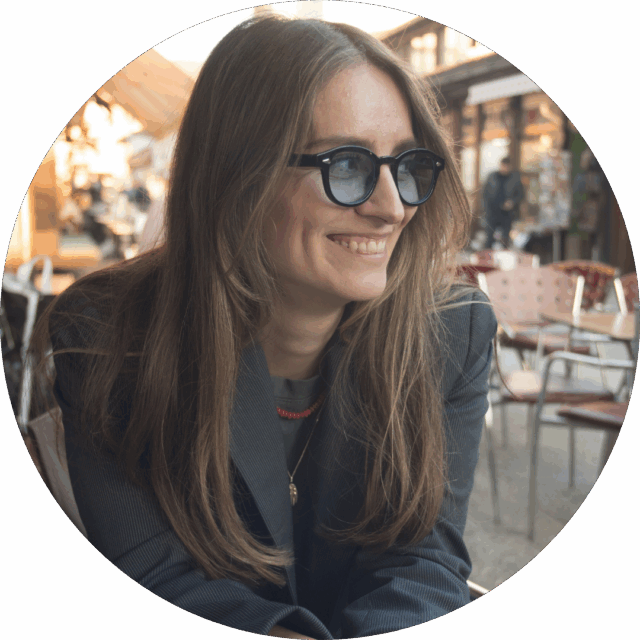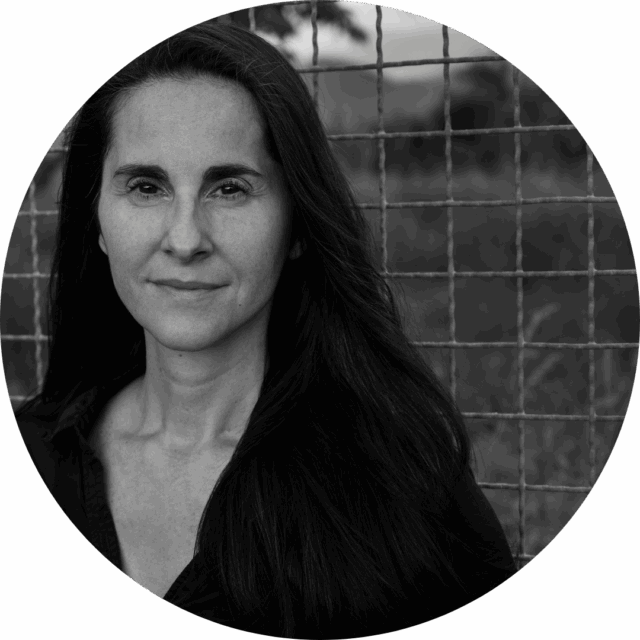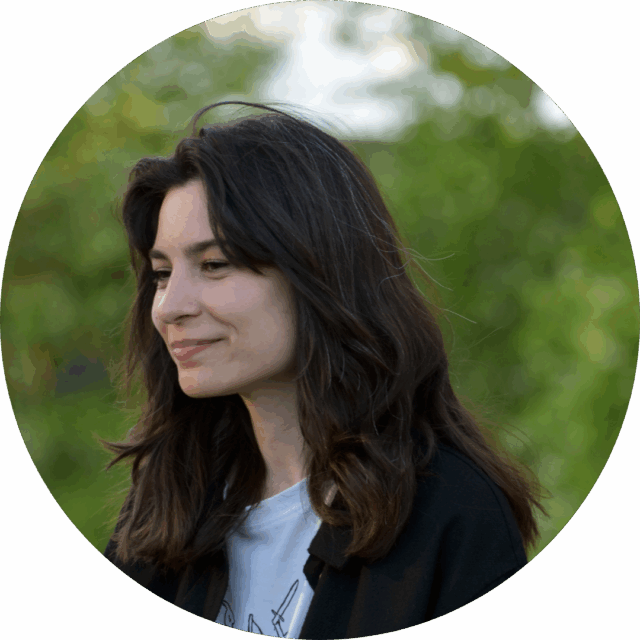
Panel Session: Concealed in Plain Sight
Transcribing transitional justice data between remembrance and erasure
When peace finally comes and weapons are lowered, an inevitable emotional weight blankets the new seeds of hope planted within the furrows of our memory. Public memory spans generations and, as such, weaves the past into the everyday existence of post-conflict society in Bosnia and Herzegovina.
The framework of the judicial archives serves not only as a tool for facing contested narratives and preventing similar atrocities in the future, but also as an integral part of transforming fragmented sites of remembrance into visible experiential episodes. This panel will deliver four case-study lectures to create a poignant visual narrative, followed by a panel discussion to facilitate a dialogue beyond the ordinary expectations of memorialisation.
Bitter Land: Mapping the Hidden Gravesites of the Yugoslav Wars
Nejra Mulaomerović
Bitter Land is the first multimedia database that provides information on the locations of mass graves discovered in Bosnia and Herzegovina, Croatia, Kosovo, and Serbia related to the wars in the 1990s. While countless persons responsible for the crimes remain unpunished, many mass grave locations have been ploughed for agricultural use, sold off for new business development, or used as trash dumps.
Three decades since the war, the survivors’ testimonies convey enduring grief and despondency over the failed transitional justice implementations.
Herbarium
Ismar Čirkinagić
Herbarium encapsulates experiences of both mapping personal trauma and documenting collective remembrance. Plants collected from the mass graves are pressed to tell their story parallel to the process of exhumation, where often only fragments, and not full bodies, are discovered.
Forgotten Battlefield: [re]Interpretation of time, place and memory
Selma Ćatović Hughes
Forgotten Battlefield is an investigative study that uses the archives to draw a parallel between an individual quest for fragments of the past and an open platform for sustaining collective multigenerational memory. Relying on the intimate experience of retracing her father’s steps to the frontline, the author analyses layers of deconstructed memory, archival fragments, and readjusted contested narratives to (re-)embrace the past.
There Is No One To Harvest Them
Anita Karabašić
There Is No One to Harvest Them is a symbol for the aftermath of war and a protest against the eradication of the genocidal narrative. The series of ceramic indigenous fruit embody the remembrance of 102 children killed in Prijedor, whose names are not allowed to be publicly – or permanently – commemorated. An homage to gardens and trees, the collection of objects contains hidden marks for factual statistics, displaying them subtly yet openly
Speakers

Nejra Mulaomerović is a researcher, producer and manager working in the civil society sector with a focus on transitional justice, memorialisation, and cultural production. She works as a program manager at the Balkan Transitional Justice Initiative at BIRN Hub, coordinating teams and assisting in the implementation of programs across the network’s platforms. Nejra is based in Sarajevo, Bosnia and Herzegovina. Email: nejra.mulaomerovic@birnnetwork.org

Ismar Čirkinagić is a visual artist. Most of his artistic practice is thematically related to socio-political context. It is mainly produced in the form of conceptual installations, consisting of videos, photos, texts and object-based elements. His earlier works resulted from extensive research on war and the post-war period in Bosnia and Herzegovina, focusing on the violent process of the disintegration of society and its postulates. Ismar lives and works between Copenhagen, Denmark, and Prijedor, Bosnia and Herzegovina.

Selma Ćatović Hughes grew up in Sarajevo, Bosnia and Herzegovina. Her ongoing research on memory began as a subconscious form of therapy, and her artistic practice in visual arts is a collection of individual and collective voices of memory. Her artistic practice and academic research delve into issues about memory, transitional justice accountability, difficult histories, and identity. Selma holds a master’s in architecture and is currently a PhD researcher in Cultural History at the University of Turku, Finland.

Anita Karabašić is a designer and visual artist from Austria of Bosnian origin, based in the Netherlands. Anita graduated from the Willem de Kooning Academy (Rotterdam, NL) with an interactive ceramic installation based on the notion of commemorative monuments, researching the significance of commemorative rituals – or the absence of them.